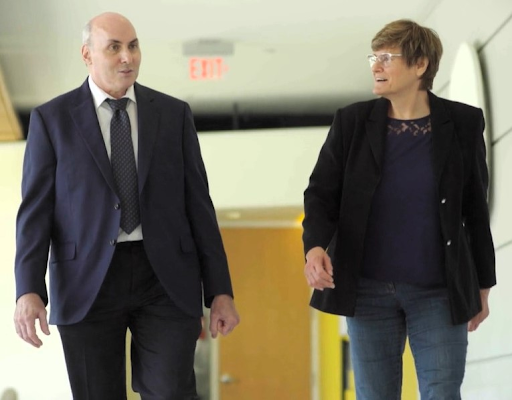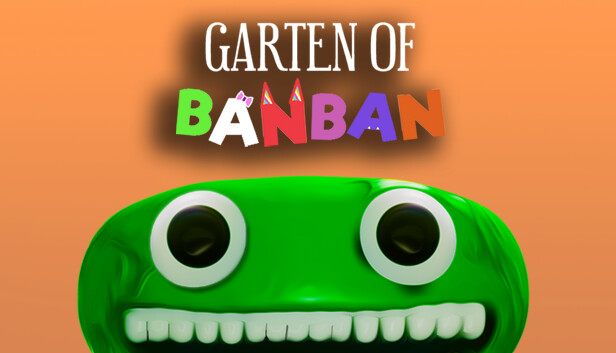As most know, on Oct. 7, Hamas, a Palestinian organization that has been governing the Gaza Strip since 2007, attacked a music festival and several towns in southern Israel. These attacks, entitled “Al-Aqsa Flood,” killed 1,200 Israelis according to the Israeli Foreign Ministry. This number is about 200 less than the casualties originally reported by Israel’s government. The department now says that 200 unidentified bodies were likely Hamas militants.
According to Israel’s Rear Adm. Daniel Hagari, around 242 people were taken hostage during Hamas’s attack, 31 of whom were reported to be American citizens by U.S. President Joe Biden. On Oct. 20, two Israeli-American women, mother and daughter, were released by Hamas, and then, on Oct. 23, two more Israeli women were released.
Both Hamas’s spokesman Abu Ubaida and former hostage Yocheved Lifshitz remark that the treatment of hostages has aligned with Islamic law, with Lifshitz commenting on the medical care, sanitation and feminine hygiene education available.
As reported in The Times of Israel, following “Al-Aqsa Flood,” Israeli Minister of Defense Yoav Gallant “ordered a full siege on the Gaza Strip,” leaving the 2 million Palestinians in the 140 square mile area with “no power, no food [and] no gas.” Al Jazeera and others have since reported that Ubaida said Hamas would start killing one hostage per civilian home destroyed by an Israeli bomb sent without warning.
Since Israel’s counteroffensive on Oct. 9, however, the only hostage deaths reported have been caused by the Israeli strikes themselves, according to Telegram, an app Hamas uses for communication.
Israel’s airstrikes in Gaza and the West Bank have leveled neighborhoods, a school in a UN refugee camp, mosques, the area’s oldest church and four major hospitals, adding up to over 11,000 Palestinian citizens killed, 40% being children, and over a million displaced according to Palestinian officials. Just before these airstrikes, the Israeli government called for over a million people to evacuate northern Gaza. This has proven to be nearly impossible because of the initial 24-hour deadline, the condensed population and the damaged route from the northern city of Rafah into Egypt.
The UN and other humanitarian organizations condemned the initial call for evacuation as these limiting conditions would likely fail to meet “satisfactory conditions of hygiene, health, safety and nutrition” for evacuees and lead to “a forcible transfer of civilians—in breach of international law.”
Additionally, Amnesty International, a non-governmental organization focused on human rights, accused Israel of launching a disproportionate attack on Palestinian citizens, collectively punishing them with bombs and blockades for Hamas’s attack. According to Amnesty International, this constitutes a war crime. However, others like David Scheffer, former US Ambassador at Large for War Crimes Issues, believe the violent actions of Israel are somewhat justified because of Hamas’s initial breach of international law.
After the Oct. 7 attacks in Israel, Biden and other international leaders in the EU remarked that they stand with Israel. Surrounding nations Lebanon, Iran and Syria, however, have voiced support for Hamas and Palestine through their own attacks on Israel.
Since this year’s intensification of the Israel-Hamas war, a prominent growth in Islamophobia and antisemitism has been seen around the world. On Oct. 16, a 6-year-old Muslim boy was murdered by a 71-year-old landlord, a hate crime that the police reported was prompted by the Israel-Hamas war.
Large amounts of Islamophobia and antisemitism have been seen on social media, with Amnesty International finding an increase in anti-Jewish posts on X, formerly known as Twitter, and racist, dehumanizing posts about Palestinian people.
As a result, all of the Palestinian students at Guilford who were interviewed about this topic chose to remain anonymous to safeguard their education, careers and lives. As of Oct. 20, 19 GOP lawmakers have called for foreign students on temporary visas to have their visas rescinded and be deported from the U.S. if they show support for Hamas, the Oct. 7 attack and, by extension, Palestine.
“Especially on Instagram, when people repost things sometimes I feel like issues are really simplified and it almost turns it (the war) into a team sport for people to watch even though civilians are dying,” Dalia Zimmerman Levyi, a Jewish ECG junior with family in Israel, said.
This is a theme surrounding social media’s role in the Israel-Hamas War shared by people on every side of the conflict.
“There is a misunderstanding people gain from social media,” one anonymous Palestinian Guilford student said. “Palestinians and Muslims do not hate Jews. We have nothing against Jews. We love and respect them. Our problem is with Zionists, those who aim for colonization towards the Palestinians.
“Before 1948, Jews were welcomed in our households where we lived together peacefully until March 15, 1948, the Nakba,” the student said. The term Nakba, which translates to “catastrophe” in Arabic, denotes the widespread forced relocation and loss of land experienced by Palestinians in the aftermath of the 1948 Arab-Israeli conflict.
Social media, however, has also played a positive role in raising money and awareness for those being most affected by the war. For instance, several TikTok creators have made monetized filters, wherein proceeds generated from each video are pledged to support Palestinian families.
Information about ways in which people can help end the bloodshed is also spread online. Links to petitions by Jewish Voice For Peace and Amnesty International have been spread efficiently in hopes of calling for a ceasefire to stop what many are calling the genocide of Palestinians in Gaza. For Guilford students or any person living in N.C. who wants to help in this effort, simply text “CEASEFIRE” to 51905 for instructions on how to contact representatives.
On Wednesday, a temporary four-day ceasefire deal, arranged by Qatar, the U.S. and Egypt, was reached and will take place on Friday. The deal says that 50 Israeli hostages will be released in exchange for 150 Palestinian hostages, and the ceasefire will be extended a day for every 10 extra hostages released. Additionally, trucks of humanitarian aid from foreign nations and organizations like the UN and the International Committee of the Red Cross are to be allowed into Gaza.













